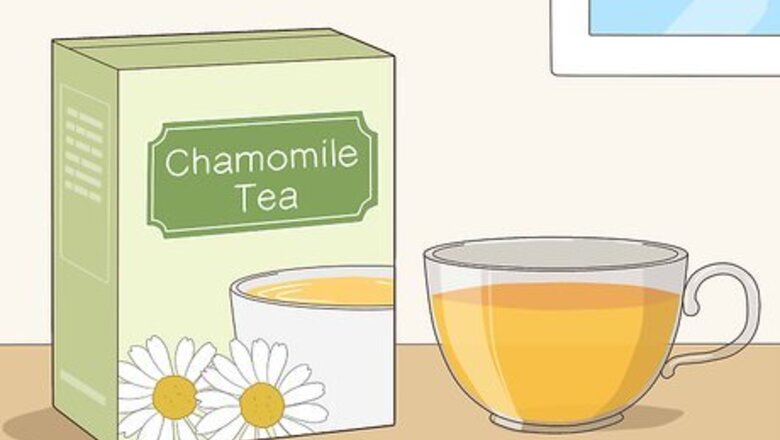
views
Herbal Remedies that Could Help
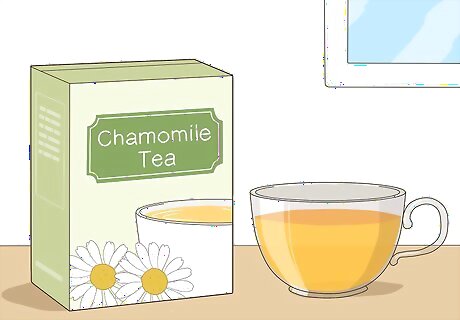
Drink chamomile tea. Chamomile is a mild herb that shows some promise in fighting anxiety and depression. It’s most common as a tea, but there are also chamomile supplements that you can try as well. Chamomile is in the same plant family as ragweed, marigolds, daisies and chrysanthemums. If you’re allergic to these plants, then chamomile may cause a mild allergic reaction.
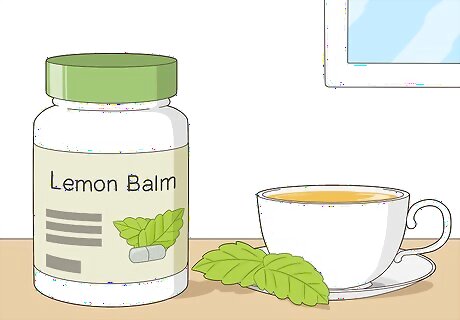
Use lemon balm to reduce nervousness. This plant helps reduce excitability and nervousness, both of which make anxiety worse. It comes in capsule form, but can also be mixed with tea.
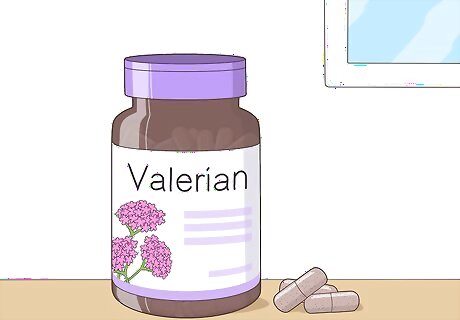
Take valerian as a supplement. Valerian root is another herb that may be effective for treating anxiety. While long-term studies are lacking, you can take it for a few weeks at a time and see if it helps your anxiety.
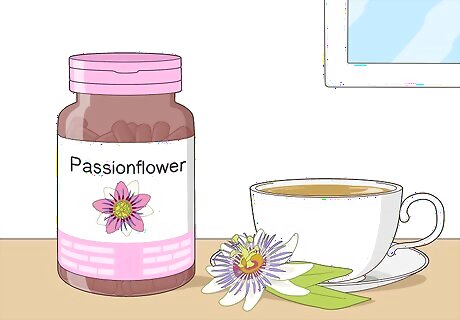
Try passionflower tea or supplements. Some preliminary studies suggest that passionflower is another useful remedy for anxiety. You can take the supplement as a capsule, or mix it in with boiling water to make your own herbal tea.

Use St. John’s Wort if you also have depression. This supplement is used more often to treat depression, and its success with anxiety is limited. However, many people have both anxiety and depression, so St. John’s Wort supplements may help you in this case.
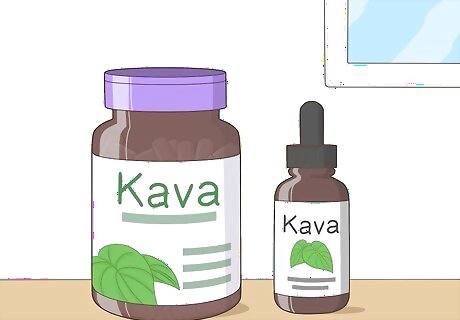
Take kava in small doses. Kava is also effective for treating anxiety, but long-term use or high doses can cause liver damage. Use this herb in small amounts and for a short period of time.
Using Herbs Safely
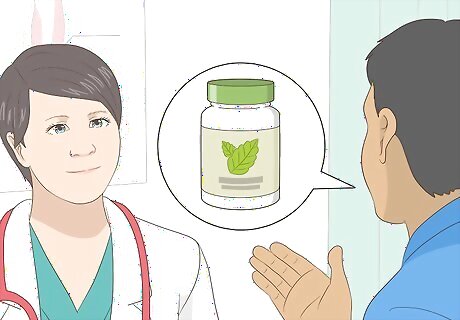
Ask your doctor before you start taking any herbal supplements. Any herbs can potentially cause adverse side effects, especially if you’re on daily medications. Always tell your doctor when you’re starting an herbal regimen to find out if this is a safe idea. Chamomile in particular can interact with blood-thinning drugs, so don’t use it if you take blood thinners.
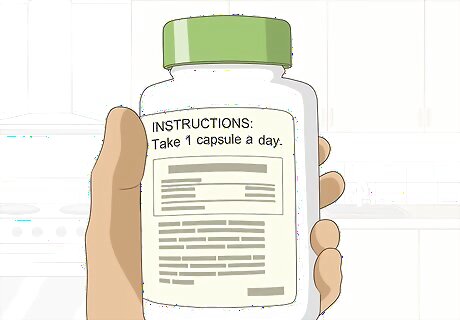
Follow all the dosage or serving instructions that come with herbs. Just like any other medication, these herbs are only safe when taken in the correct quantities. Follow the dosage size on every product you use and never take too much. If you don’t know the proper dosage for a supplement you’re taking, ask your doctor about it.
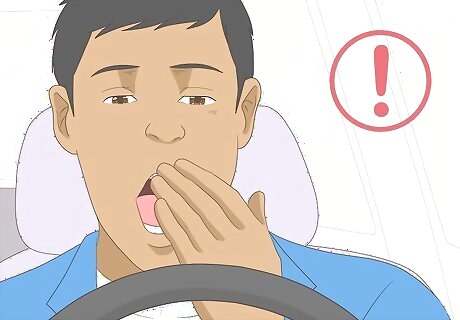
Wait until you know how the herbs affect you before driving. Most anxiety-reducing herbs can also cause drowsiness, especially if you haven’t taken them before. When you first start taking a new herb, wait a few hours before driving or operating machinery so you don’t suddenly get drowsy in the middle of a task.
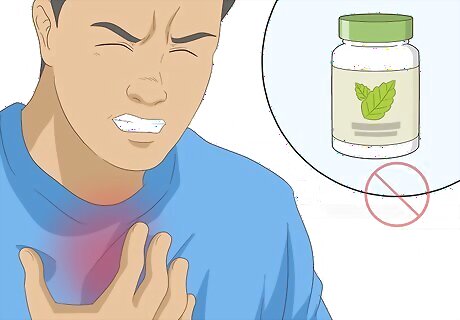
Stop if you experience any adverse side effects. Herbal supplements can cause a number of adverse side effects like dizziness, nausea, or heartburn. If you don’t like how something makes you feel, then stop taking it.
Other Natural Treatments for Anxiety
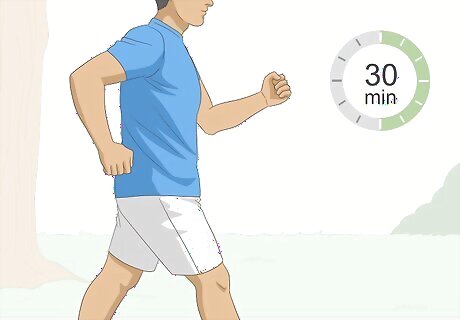
Exercise regularly to improve your mood and health. Getting at least 30 minutes of aerobic exercise 5 days a week helps keep your mood high by releasing endorphins. As an added bonus, your overall health will improve with regular exercise.
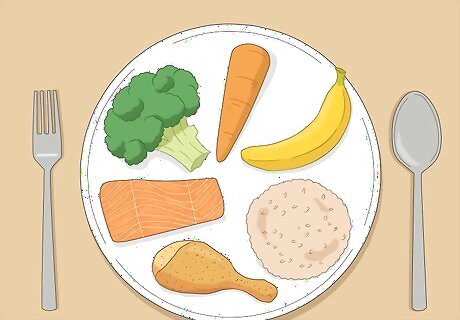
Eat well-balanced meals at regular times. While there isn’t much evidence that following a certain diet helps your anxiety, eating at regular times definitely does. This prevents your blood sugar from crashing and depressing your mood.
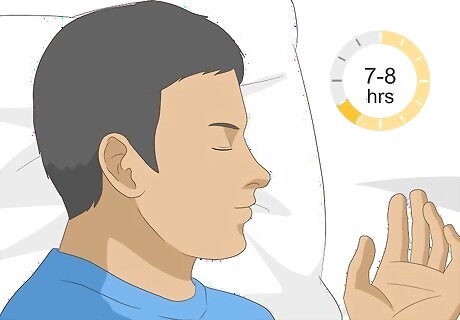
Get 7-8 hours of sleep every night. Lack of sleep makes your anxiety and overall mood worse. Do your best to relax at night and stay in bed for a full 8 hours for the best results.
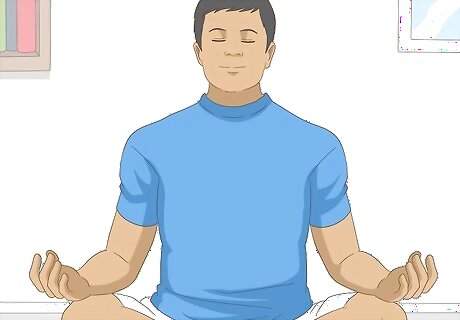
Practice relaxation techniques to calm yourself down. Deep breathing and meditation help cut down on your daily stress and reduce your anxiety. Stopping and counting to 10 if you’re feeling overwhelmed is a good way to maintain your composure.
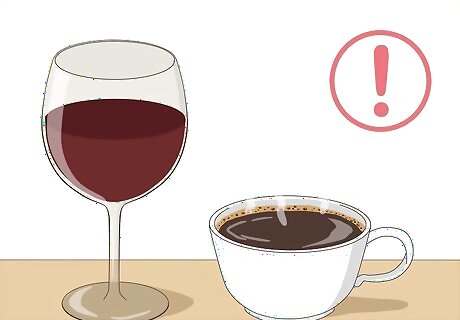
Limit your caffeine and alcohol intake. Both of these can increase your heart rate, which increases your anxiety and can even trigger a panic attack. The other risk of alcohol is that you can develop a dependence on it if you always drink to make yourself feel better. It’s best to use other methods to calm yourself down.

















Comments
0 comment